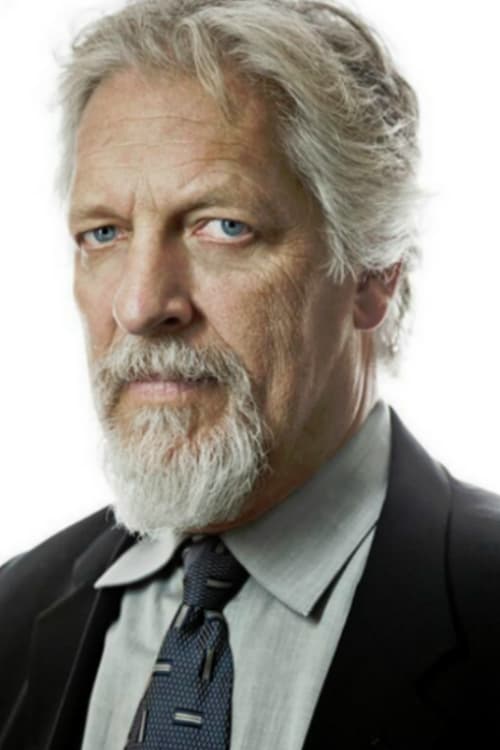Clarence John Brown III (born January 5, 1959) is an American film, television and voice actor. He is known for his roles as the Kurgan in Highlander (1986), Captain Byron Hadley in The Shawshank Redemption (1994), Sergeant Charles Zim in Starship Troopers (1997), Brother Justin Crowe on the HBO series Carnivàle (2003–2005), Waylon "Jock" Jeffcoat on the Showtime series Billions (2018–2019) and Stanley Thomas in Promising Young Woman (2020).
His voice-over work includes Lex Luthor in the DC Animated Universe and various unrelated DC media, Doctor Neo Cortex in the Crash Bandicoot franchise (1997–2003), Mr. Krabs on SpongeBob SquarePants (1999–present), Surtur in Thor: Ragnarok (2017) and Lt. Hank Anderson in Detroit: Become Human (2018).
To the INFP personality types life is a long quest for meaning and harmony and their personal values are so important to them. This means that it is essential to the INFP that their beliefs and their actions are totally in sync at all times. An INFP is unlikely to take any action which they don’t believe in their heart is right. Yet there is a crusading side to the INFP which would surprise even those who knew the person well. When a personal value, or belief is trodden on, then the INFP can become outspoken and turn on the transgressor. They are so private that their values are usually well hidden so that other people may not realise, but the INFP becomes like a champion of the cause and will be expressive, animated and at times go for the jugular.
The INFP has two contrary characteristics, curiosity and shyness. They love to know what's going on, feel excluded if not kept informed but prefer to be more in the background and not wanting to be the centre of attention. The INFP always wants to be invited to the party - even though the chances are they won't show up. There is a sensitive, caring side to the INFP which means they will be see the interconnections between people and pick up on the verbal and non-verbal cues.
Sensitive, caring and empathetic INFPs are excellent in supporting roles where people have to be looked after - especially if those people are close to the INFP. Because it can take so long (if ever) to get to know the INFP, others paradoxically may see them as slightly aloof, as they engage best when they have allowed someone into their inner sanctum. Optimistic and extremely positive, INFPs are the ultimate dreamers. Forward thinking and focused, they love the possibilities that life might bring.
An INFP does not like to be categorised. They value their autonomy, and feel 'different,' and any system, (including this one), which tries to 'define' or 'explain' them would be denigrated. The INFP would say, 'You can't put me in a box, I'm different,' indeed they would all say this. Optimistic and extremely positive, INFPs are the ultimate dreamers. Forward thinking and focused, they love the possibilities that life might bring. INFPs are extremely future oriented individuals who enjoy flights of fancy and savour potential and the many possibilities unlike their ISFP counterparts, who prefer to stop and savour the sensory, real experiences of “this moment” to the maximum. The ISFP will look down, immersing themselves in actual experiences whilst the INFP will always look up and forward, dreaming big dreams and loving the anticipation of what might come.
INFPs have the ability to see good in almost anyone or anything. Even for the most unlovable individual the INFP can have (often misplaced) empathy and even pity. Their extreme depth of feeling is often hidden, even from themselves, until circumstances see them project a seemingly uncharacteristic impassioned, and extraverted, response. Of course, life is not always harmonious, so INFPs are not immune from all of life’s problems, frustrations and disappointments that we all face.
However, they feel a duty to a higher calling, the greater good. So, although essentially idealists and extremely gentle individuals, INFPs, when their values are contravened, can adopt a more strident, crusading ESTJ type of role, to sort things out, which will surprise even close friends who have only seen the gentle, quiet soul. But then, once they’ve made their point, their energies will be depleted, and they will disappear back to their own, quiet, introverted world of possibilities and harmony, often questioning whether they should have been so harsh and worried that they haven’t either shown too much of themselves (always a concern for the extremely private INFP) or, worse still, that they might have caused hurt to someone, which is never their intention.
Choose another celebrity type to compare side by side the different approaches work, attitudes to conflict and the way they engage with others.
